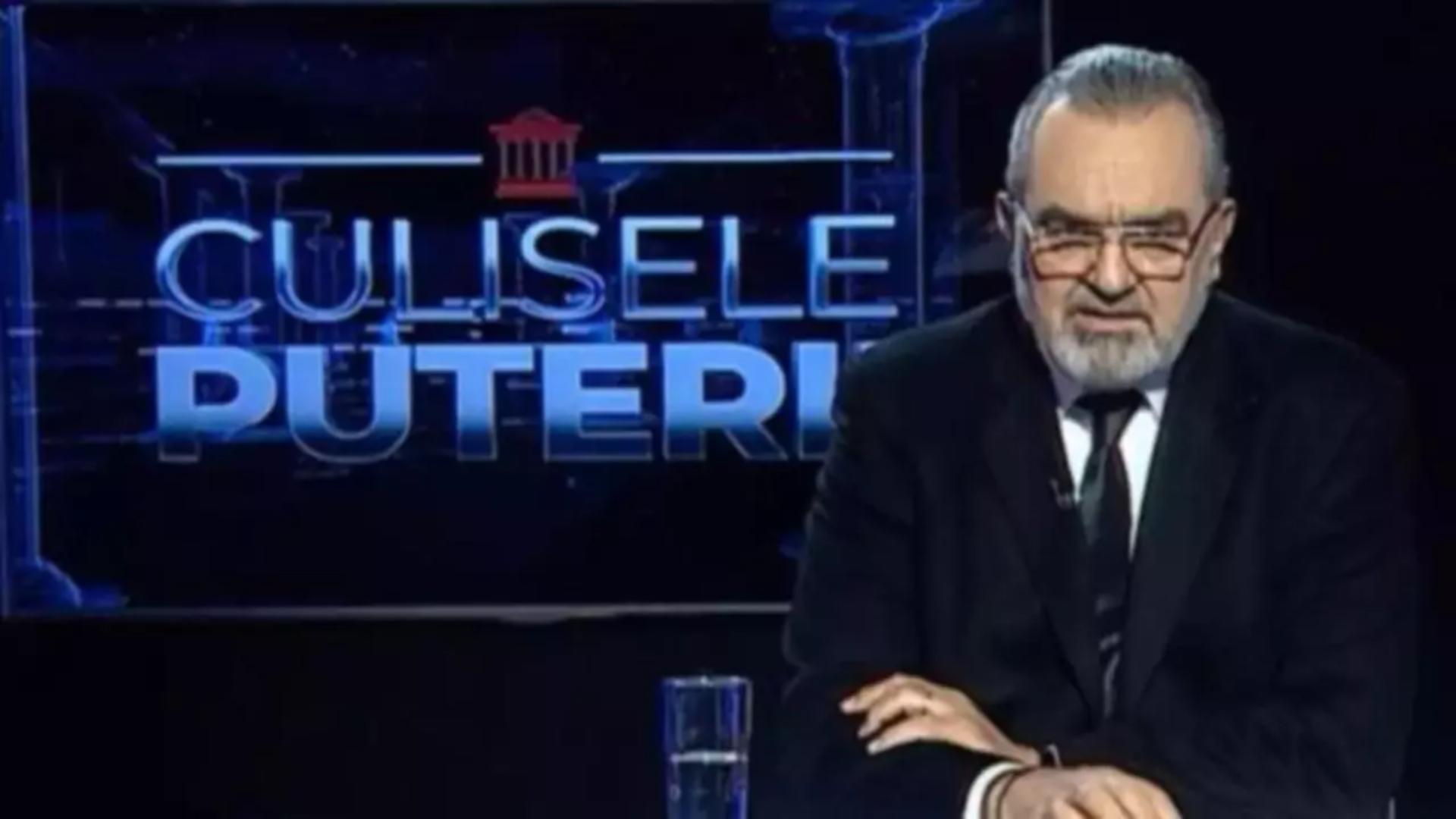Looking back on his first year in office, Mayor Brandon Johnson sees a succession of wins. “Name one thing that I said I was gonna do that I haven’t done,” he said in one interview. “You won’t be able to.” In another, he said, “A year ago people voted for me, and as a result of that, we have moved a very bold, audacious, progressive agenda.”
Most Chicago residents see something else. Less than 20% think the city is better off today than a year ago on fundamentals such as the local economy and health, and that percentage drops to 11% or lower on public safety, social inequities, the migrant situation and taxes, according to a new citywide survey by The Harris Poll.
Asked to grade Johnson’s performance as mayor, 9% of adults in Chicago say above average, and 41% say average. The biggest bloc — 50% — say below average, with most of them effectively giving the mayor an F by categorizing his achievements as not just low but very low.
Running a big city has become a thankless chore. Mayors from New York to San Francisco and cities in between are losing public support, often because of widening concerns about crime, homelessness and taxes. That may be comforting to beleaguered officeholders, but all that really matters to Chicagoans is how Chicago’s mayor is doing.
As Johnson enters his sophomore year, he has a second chance to show he’s up to the job. If he shows indisputable progress on the city’s quality-of-life issues — and shows off a vibrant and tranquil Chicago to the world during the Democratic National Convention and secures a pro sports stadium, or maybe two — his first-year grades won’t matter much.
The city would be better off too. As deeply as residents are proud of their hometown, our polling shows that at least half believe things such as crime, taxes and the migrant crisis are worse here than elsewhere. We’re in a funk. More than almost anything else, we want our city to work.
Johnson may be getting that message. Lately, he has shown an openness to coordinating with interests beyond the progressive base that put him in office. The mayor announced, for instance, that he will ask the City Council for $151 million to breathe new life into downtown by turning empty office buildings along LaSalle Street into residences.
Embracing another plan that originated with predecessor Lori Lightfoot, Johnson wants to get immediate access to $1.25 billion in anticipated revenue from tax increment financing districts and use the money for affordable housing and economic development in neglected city neighborhoods.
Johnson could win over more residents, too, if he can keep the Bears and White Sox from abandoning Chicago by aiding the teams in building new stadiums within the central business district. There’s a big risk here for the mayor, which he’s acknowledged: Most city residents, according to prior Harris Poll research, oppose bankrolling professional sports facilities with tax dollars.
Related Articles
Will Johnson: Chicago sports teams are crucial to fans. New stadiums? Not so much.
Editorial: The Bears may stir Chicago’s blood with splashy pitch for a lakefront stadium. We’re not convinced.
Will Johnson: How many Chicago Democrats are for Nikki Haley?
The public, moreover, is giving Johnson a partial pass on a couple of crucial issues. A 42% plurality of adults in Chicago say the federal government, and not the city, is most responsible for dealing with the influx of migrants sheltered in the city. And while 40% say the city is most responsible for high taxes, 55% say this is really a state or federal problem.
But when it comes to public safety — consistently the top concern of city residents — two-thirds of Chicagoans single out city government as the one on the hook. Serious crime is decreasing, with homicides falling to 141 to date this year from 190 over the same span in 2021, when violence peaked. Still, the city is averaging three fatalities every two days and five wounded people daily.
Johnson’s plan to reduce violence — investments in mental health services, jobs programs and housing — may well pay off in the years ahead by providing alternative paths to life in Chicago’s deeply rooted gangs. But residents want to feel less fearful now, which might require tougher policing to take repeat offenders off the streets. To that point, only 20% of those polled agree that the mayor is focusing on the right things.
Expected protests at the Democratic convention in August over Israel’s invasion of Gaza will put Johnson in that same quandary. He already put himself at odds with President Joe Biden, moderate Democrats and some of Chicago’s Jewish leaders by casting the tie-breaking vote in the City Council calling for a Hamas-Israel cease-fire.
Allow protesters to run rampant, and cameras from around the world will depict Chicago as chaotic and out of control. Crack down on those protesters, and those same cameras will depict Chicago as chaotic and out of control.
But if, instead, Johnson can avoid a repeat of Chicago’s infamous 1968 convention by hosting a no-drama event, he could change the city’s reputation and trajectory — and his own.
Johnson often says, only partially in jest, that he wants to outlast Richard M. Daley and become Chicago’s longest-serving mayor. To do that, he would have to get reelected five times. He’s got three years to boost his standing for the first of those reelection campaigns.
Will Johnson is the Chicago-based CEO of The Harris Poll, one of the world’s leading public-opinion research firms.





